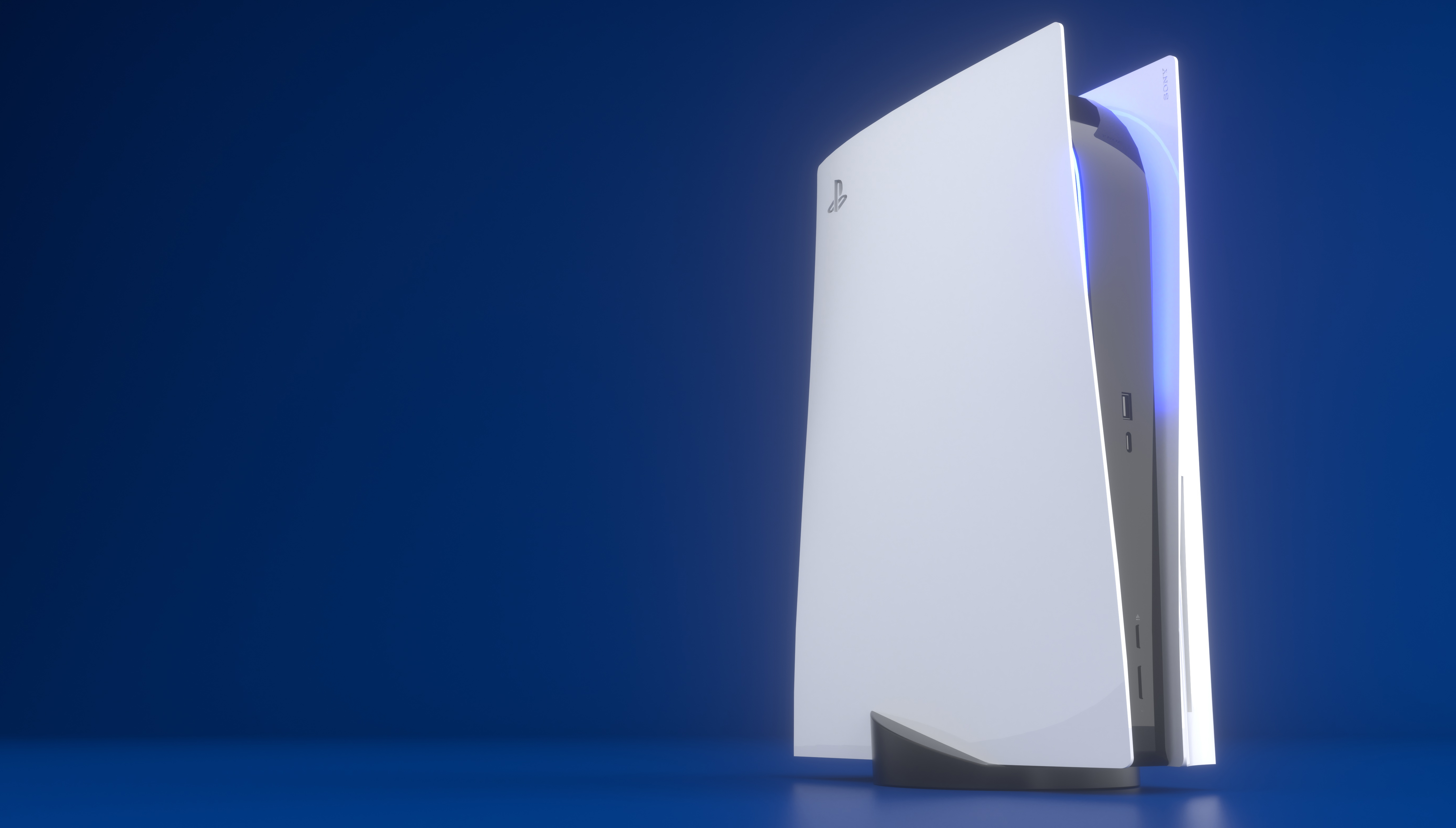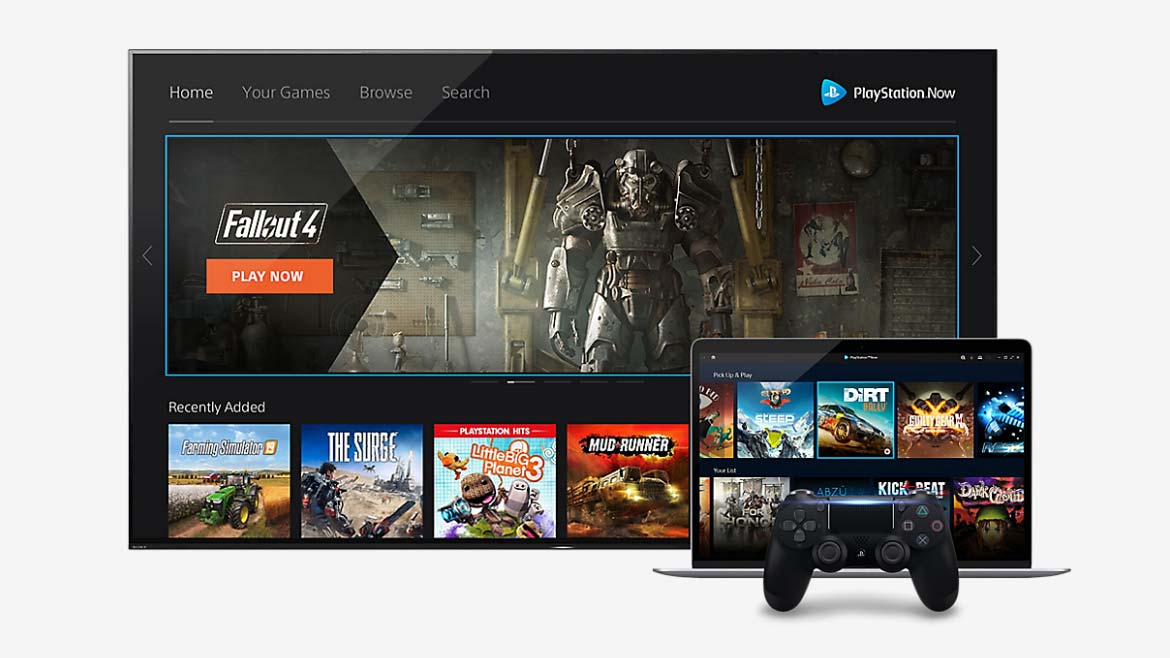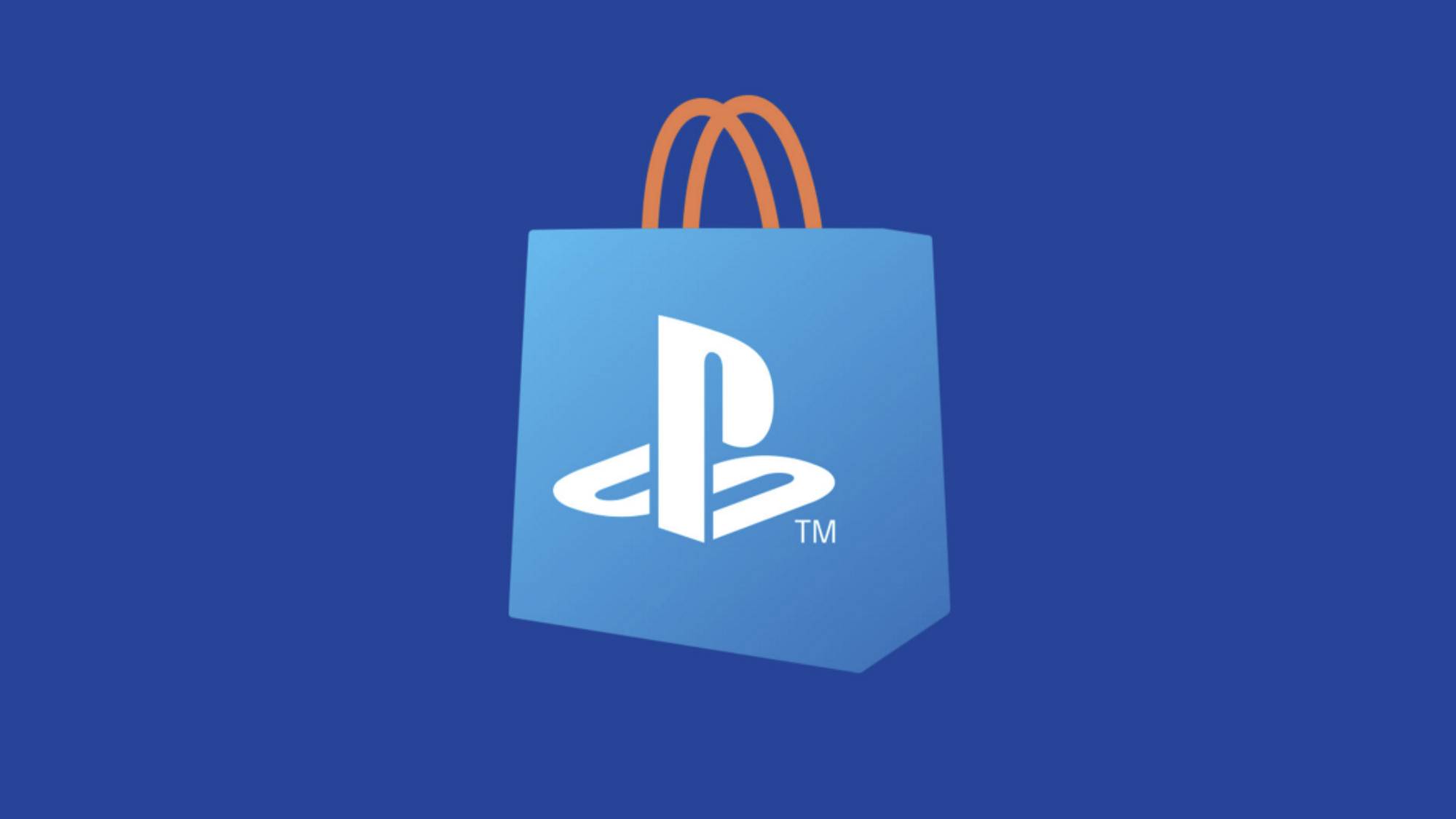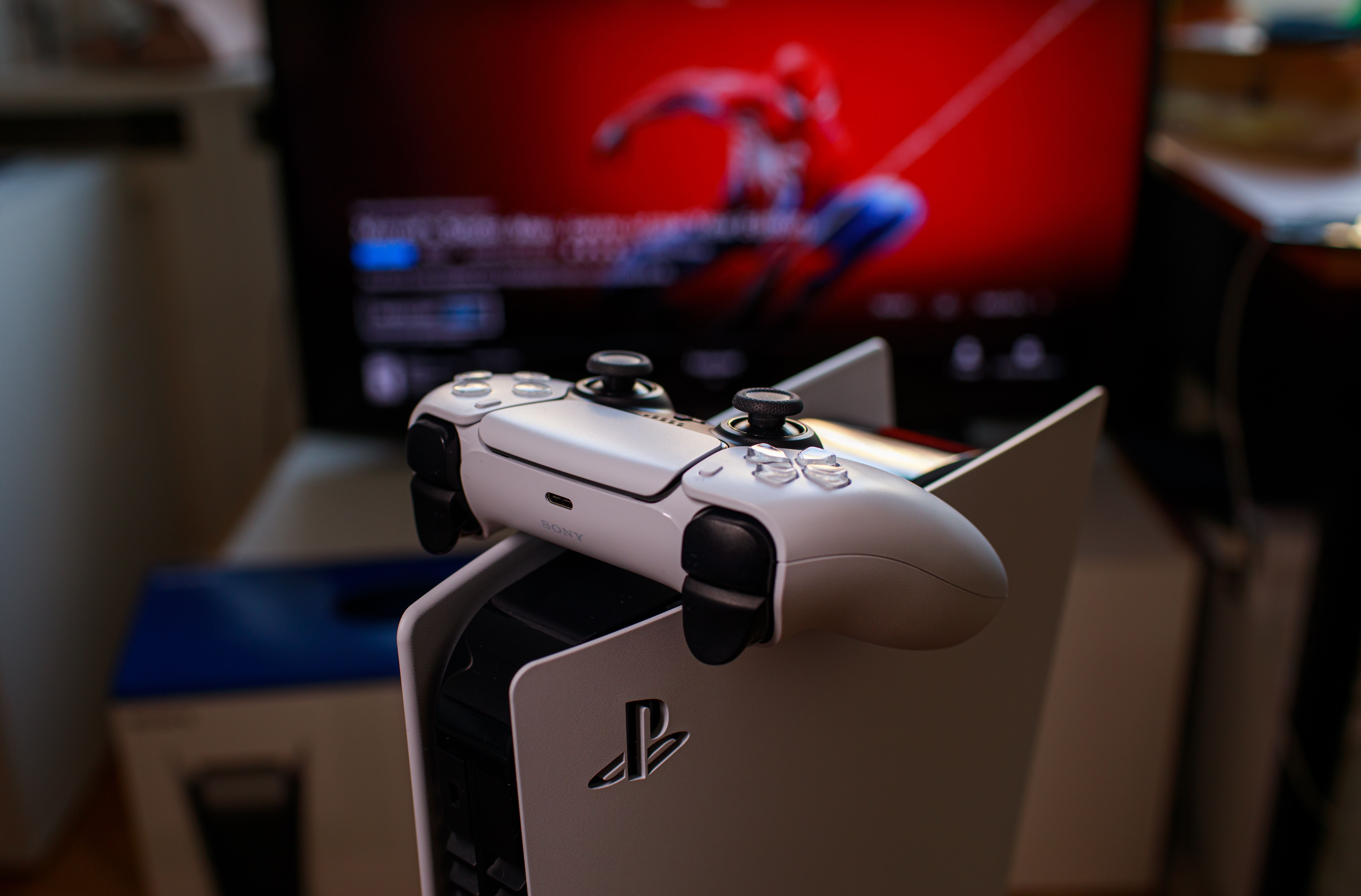Sony just missed a golden opportunity to challenge Xbox Game Pass at CES 2022
Where is Sony's Project Spartacus?

Update: It may have been a no-show at CES, but rumor is that Sony will reveal concrete Spartacus details by the end of February.
With Project Spartacus, Sony had — and missed — an incredible opportunity to liven up CES 2022. For those who aren’t familiar with the Roman-sounding codename, Project Spartacus is Sony’s supposed Xbox Game Pass rival, which would combine PlayStation Plus and PlayStation Now into one big game subscription powerhouse. We’ve been waiting for an official confirmation for a few months, and now it looks like we’ll have to keep waiting.
Most of what we know about Project Spartacus comes from a Bloomberg report, which detailed something that sounds more or less like Xbox Game Pass. Spartacus would ask PS4 and PS5 owners to pay a monthly subscription fee, probably somewhere between $10 and $20 per month. This would allow them to download and/or stream PS4 and PS5 games, as well as potentially older back-catalog titles from the PS3 and earlier consoles.
Given that Sony has almost 30 years of excellent exclusive games to offer, this could have easily been biggest gaming announcement of early 2022.
PS5 at CES

Discussing Project Spartacus at CES 2022 also would have been thematically appropriate. While PlayStation Now has largely flown under the radar ever since its debut, Sony first announced the service at its CES 2014 press conference. The company even showed off playable demos of games such as God of War: Ascension and The Last of Us the very next day.
Tom’s Guide even awarded PlayStation Now our “best gaming tech” honor at CES 2014. Since then, we’ve been sure to keep an ear out for gaming news at each subsequent Sony CES press conference. Sometimes we get something interesting, and sometimes we don’t, but Sony’s message was clear: New gaming tech isn’t just for E3.
To be fair, we did get a major gaming announcement from Sony’s press conference on January 4. The company gave detailed specs for the PlayStation VR 2 for the PS5, complete with resolution, refresh rate, field of view, USB connections and audio capabilities. Still, a VR headset is a niche market for a niche audience. Sony has sold somewhere north of 5 million PSVR headsets, compared to about 18 million subscribers for Xbox Game Pass. You can’t draw an apples-to-apples comparison between the two products, but it seems fair to say that Project Spartacus might appeal to a much wider audience than the PSVR2.
There’s also no law that mandates Sony making only one gaming announcement during CES. Aside from an electric car concept, which may or may not ever see the light of day, it doesn’t seem as though Sony had many earth-shattering reveals.
According to the Bloomberg report, Sony plans to announce Spartacus sometime within the first three months of 2022. Unless the company is planning to do so at Computex (which isn’t much of a gaming show) or PAX East (which is more fan-focused), CES was arguably its most visible chance to do so. Now, Sony will probably go with a State of Play livestream or a blog post instead. There’s nothing wrong with either option, but this year in particular, we really could have used something exciting at CES.
The antidote to PS5 restocks

Some information about a game subscription service — particularly when PS5 restocks are still an impossible pipe dream for millions of potential customers — might have felt very welcome.
Traditionally, what makes CES work is being able to show off bizarre, unattainable or impressive new tech in person. But very few people are attending CES in person this year, meaning we’ve seen a lot of press releases and videos instead. A lot of the tech has been conventional stuff, too — mild upgrades for proven machines, such as TVs or laptops.
A gaming subscription, on the other hand, would have fit the spirit of the event, and perhaps even offered some comfort to the tens of thousands of attendees stuck at home right now. Better still, Sony could have announced some kind of early access or open beta program for Spartacus, letting everyone experience a little piece of CES for themselves, immediately, no matter where they are.
Instead, Sony discussed a PlayStation accessory that, statistically speaking, most people won’t buy, and an EV that may never come out. Sony could have stolen CES — and if the company winds up announcing Spartacus within the next few months anyway, a lot of us will look back and wonder why it didn’t.
Project Spartacus outlook

It’s fun to imagine what might have been, and a little disappointing to discuss what we heard instead. But for now, Project Spartacus is still a well-sourced rumor, and Sony’s big gaming announcement at CES was the PSVR2. We’ll probably hear more about both products within the next few months.
It’s impossible to judge a year by its first few days, and that’s as true in tech as it is in life. But right now, 2022 has the potential to look at lot like 2021, and given the tech fails we endured last year, that may not be a good thing. If and when Sony does announce its Xbox Game Pass competitor, we can only hope that it’s worth the wait.
Sign up to get the BEST of Tom's Guide direct to your inbox.
Get instant access to breaking news, the hottest reviews, great deals and helpful tips.
Marshall Honorof is a senior editor for Tom's Guide, overseeing the site's coverage of gaming hardware and software. He comes from a science writing background, having studied paleomammalogy, biological anthropology, and the history of science and technology. After hours, you can find him practicing taekwondo or doing deep dives on classic sci-fi.

